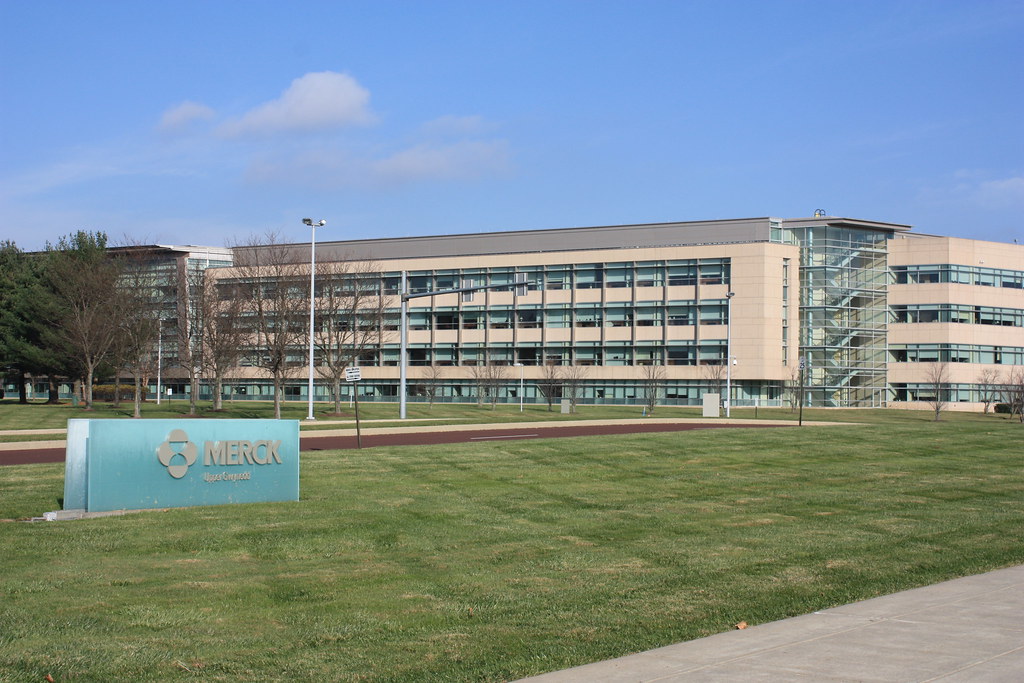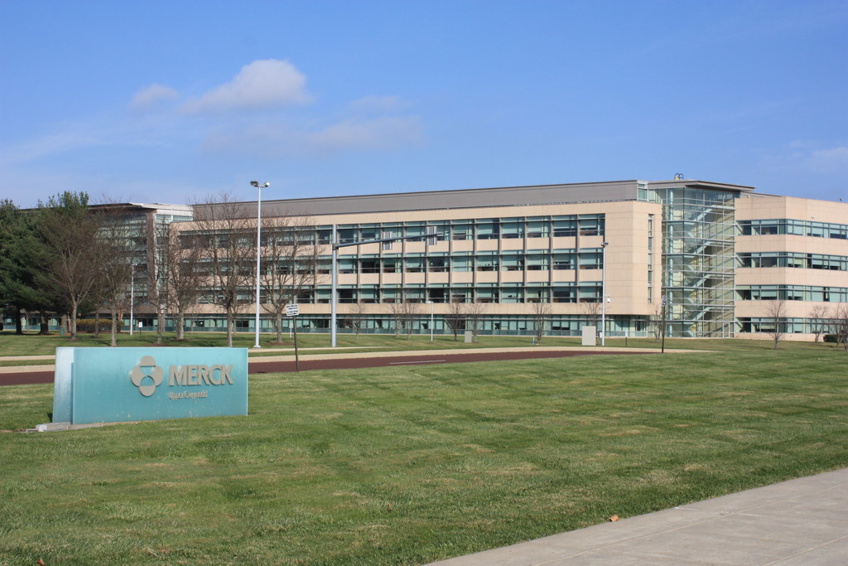Vaccines stand as a cornerstone of modern public health, representing a monumental achievement in preventing infectious diseases and safeguarding communities worldwide. However, the emergence of the COVID-19 pandemic has posed fresh obstacles to sustaining vaccination efforts against other preventable diseases. This crisis has underscored existing disparities in healthcare access and emphasized the pressing need for decisive action.
In a pair of op-eds for Devex, Drew Otoo, Pharm.D., President of Global Vaccines at Merck, and Alfred Saah, M.D., Executive Director of Scientific Affairs at Merck, shed light on the company's initiatives to confront these challenges on global, national, and local fronts. They emphasized the importance of collaboration across sectors in fostering trust, promoting equity, and fortifying vaccination programs.
Otoo highlighted Merck's collaborative efforts with local and global partners to tailor solutions aimed at enhancing vaccine confidence and accessibility. For instance, initiatives like ImmUNITY Chicago, developed in conjunction with local stakeholders, address lower vaccination rates among marginalized communities, particularly on the Southwest Side of Chicago.
Additionally, strategic partnerships on a global scale, such as those with Gavi, the Vaccine Alliance, play a pivotal role in bolstering sustainable vaccination programs worldwide.
Saah emphasized Merck's dedication to tackling vaccine hesitancy and nurturing confidence in vaccines at various levels. Understanding the underlying causes of hesitancy, Merck prioritizes communication strategies aimed at bridging knowledge gaps and reinforcing trust in vaccines and public health systems.
Despite the unequivocal benefits of vaccines, vaccine hesitancy persists as a significant public health challenge, potentially leading to under-vaccination and disease outbreaks. The World Health Organization's 3Cs Model—complacency, convenience, and confidence—offers insights into the factors contributing to hesitancy, underlining the importance of addressing these concerns to ensure widespread vaccine acceptance and uptake.
Saah detailed several initiatives undertaken by Merck to enhance vaccine confidence, including:
In a pair of op-eds for Devex, Drew Otoo, Pharm.D., President of Global Vaccines at Merck, and Alfred Saah, M.D., Executive Director of Scientific Affairs at Merck, shed light on the company's initiatives to confront these challenges on global, national, and local fronts. They emphasized the importance of collaboration across sectors in fostering trust, promoting equity, and fortifying vaccination programs.
Otoo highlighted Merck's collaborative efforts with local and global partners to tailor solutions aimed at enhancing vaccine confidence and accessibility. For instance, initiatives like ImmUNITY Chicago, developed in conjunction with local stakeholders, address lower vaccination rates among marginalized communities, particularly on the Southwest Side of Chicago.
Additionally, strategic partnerships on a global scale, such as those with Gavi, the Vaccine Alliance, play a pivotal role in bolstering sustainable vaccination programs worldwide.
Saah emphasized Merck's dedication to tackling vaccine hesitancy and nurturing confidence in vaccines at various levels. Understanding the underlying causes of hesitancy, Merck prioritizes communication strategies aimed at bridging knowledge gaps and reinforcing trust in vaccines and public health systems.
Despite the unequivocal benefits of vaccines, vaccine hesitancy persists as a significant public health challenge, potentially leading to under-vaccination and disease outbreaks. The World Health Organization's 3Cs Model—complacency, convenience, and confidence—offers insights into the factors contributing to hesitancy, underlining the importance of addressing these concerns to ensure widespread vaccine acceptance and uptake.
Saah detailed several initiatives undertaken by Merck to enhance vaccine confidence, including:
- Collaborating with partners to connect with communities worldwide, utilizing platforms like social media, and employing messages delivered by trusted community figures.
- Enhancing the skills of local colleagues to comprehensively grasp the dynamics of vaccination programs at both global and national levels.
Moreover, the commitment to improving vaccine access persists despite the obstacles ahead. Both Saah and Otoo express optimism regarding the future.
“Combating vaccine hesitancy is not an easy feat and has been a challenge our global society has faced for centuries,” said Saah while adding, “However, these challenges bring new opportunities to improve our approach and be better advocates for ourselves, our families and our communities.”
“By going where the need exists and continuing to invest in innovative, strategic and diverse collaborations, I'm confident we'll find new ways to solve complex public health problems,” said Drew Otoo.


 Merck's Efforts to Boost Vaccine Confidence and Accessibility: Saah's Insights
Merck's Efforts to Boost Vaccine Confidence and Accessibility: Saah's Insights





 Companies
Companies